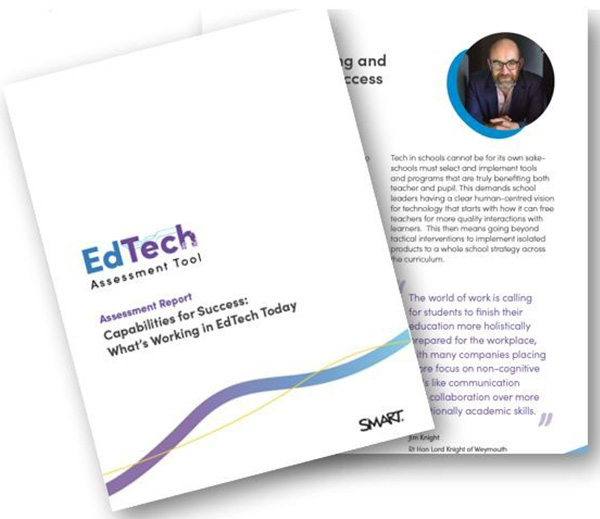
Evaluating Learning: EdTech’s Impact on Assessment Strategies
Technology has become an integral part of education, reshaping traditional teaching methods and assessment strategies. The intersection of Educational Technology (EdTech) and assessment practices brings about transformative changes, enhancing the efficiency and effectiveness of evaluating student learning.
The Evolution of Assessment in the Digital Age
In the digital age, traditional assessment methods are evolving to align with the capabilities of EdTech. Gone are the days of relying solely on pen-and-paper exams; now, assessments can take various forms, including interactive quizzes, simulations, and multimedia projects. This shift allows for a more comprehensive evaluation of students’ skills and competencies.
Immediate Feedback for Enhanced Learning
One of the significant impacts of EdTech on assessment is the ability to provide immediate feedback. Real-time feedback allows students to understand their mistakes promptly and learn from them. This instant response mechanism not only fosters a more dynamic learning experience but also empowers students to take ownership of their learning journey.
Adaptive Assessments Catering to Individual Needs
EdTech enables the implementation of adaptive assessments, tailoring questions and difficulty levels based on students’ individual proficiency. This personalized approach ensures that each student is appropriately challenged, promoting a more accurate representation of their knowledge and skills.
Data-Driven Insights for Educators
Educators benefit significantly from the integration of EdTech in assessment. The technology generates a wealth of data on students’ performance, allowing educators to gain insights into learning patterns and identify areas that may require additional attention. Informed by these data-driven insights, educators can tailor their teaching strategies to better address the specific needs of their students.
Assessment Beyond Traditional Boundaries
EdTech facilitates assessments that transcend traditional boundaries. With virtual classrooms and online learning platforms, assessments can occur anytime, anywhere. This flexibility not only accommodates diverse learning styles but also prepares students for a future where remote work and learning are increasingly prevalent.
Challenges and Opportunities in EdTech Assessment
While the benefits are evident, challenges in implementing EdTech assessments exist. Issues such as accessibility, digital literacy, and equitable access to technology need to be addressed. However, these challenges also present opportunities for innovation and the development of inclusive assessment solutions that cater to a diverse student population.
Enhancing Collaboration through EdTech
EdTech not only transforms individual assessments but also enhances collaboration among students. Virtual collaboration tools enable group projects and peer assessments, promoting teamwork and communication skills essential for the modern workforce. This collaborative aspect aligns with the evolving nature of work environments, where teamwork and effective communication are highly valued.
Professional Development in EdTech Integration
To maximize the benefits of EdTech in assessment, ongoing professional development for educators is crucial. Training programs should focus on familiarizing teachers with the latest tools, methodologies, and best practices in EdTech assessment. This investment in professional development ensures that educators can harness the full potential of technology to benefit their students.
EdTech and Assessment: Navigating the Future of Education
In conclusion, the integration of EdTech and assessment is reshaping the landscape of education. From immediate feedback and adaptive assessments to data-driven insights and enhanced collaboration, the impact is profound. To explore the dynamic intersection of EdTech and assessment, visit resumelanguage.net and stay at the forefront of the evolving educational landscape.


